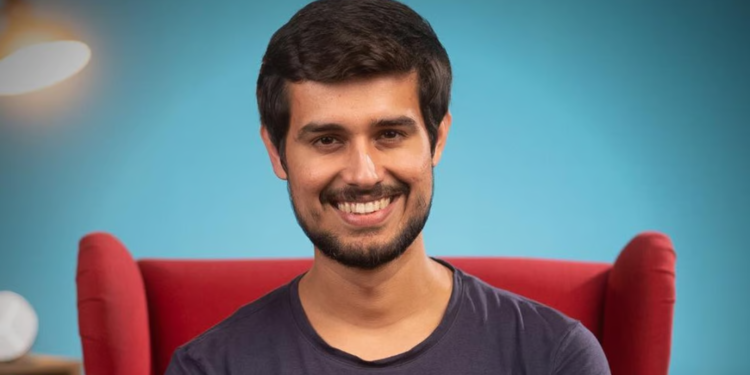A Delhi court has issued summons to YouTuber Dhruv Rathee in a defamation case filed by Bharatiya Janata Party (BJP) leader Suresh Karamshi Nakhua, who alleges that Rathee called him a “violent and abusive” troll.
District Judge Gunjan Gupta of the Saket Court issued the order on July 19.
The Court also issued a notice to Rathee regarding Nakhua’s plea for interim relief, scheduling the next hearing for August 6.
“Issue summons of the suit and notice of the application u/o 39 Rule 1 and 2 CPC to the defendants, subject to steps by all modes i.e. PF & RC/Speed Post/Approved Courier including electronic mode for 06.08.2024. Process be also given dasti, as prayed,” the Court ordered.
Advocates Raghav Awasthi and Mukesh Sharma represented Nakhua.
Rathee uploaded a video titled “My Reply to Godi Youtubers | Elvish Yadav | Dhruv Rathee” on his YouTube channel on July 7, 2024. In this video, Nakhua, the spokesperson for the BJP’s Mumbai unit, claims that Rathee falsely labeled him as part of “violent and abusive trolls,” which he argues is baseless and damaging to his reputation.
“The Defendant No.1 [Dhruv Rathee], in a highly provocative and incendiary video that spread like wildfire across digital platforms, made bold and unsubstantiated claims against the Plaintiff. The insidious intent behind this video lies in its unfounded insinuation that the Plaintiff is somehow linked to violent and abusive troll activities,” the suit contends.
Nakhua asserts that Rathee’s allegations have led to widespread condemnation and ridicule.
“Through this cunningly crafted video, a deliberate campaign to besmirch the Plaintiff’s integrity and reputation is apparent, as baseless accusations and malicious connections are artfully insinuated. The primary creator of this video seeks not only to cast doubt on the Plaintiff’s character but also to tarnish his hard-earned standing in society, planting seeds of suspicion and mistrust that can have far-reaching consequences. The repercussions of such false allegations extend well beyond the video itself, impacting both the personal and professional domains of the Plaintiff, leaving scars that may never fully heal.”

















